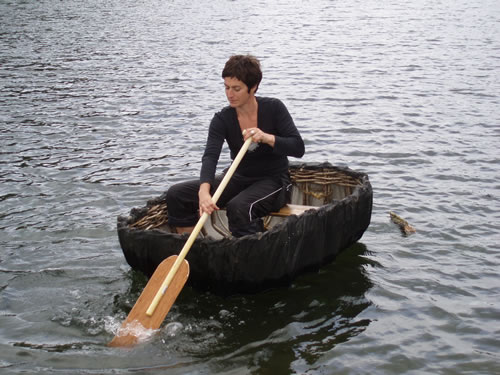Wed 7 Jul 2010
Unfinished
Posted by PJ under novels, stories
[2] Comments
Recently, someone posted a list of her unfinished story projects and because I’m a magpie and must steal ooo! shiny! objects from others and put them in my own nest (and, admittedly, because I’m something of a masochist) I decided to do the same.
Going through my ideas folder was too depressing, so I’ve only listed things that I’d done some work on—at least a scene or two, though in some cases considerably more. (That was somewhat depressing, too, but I’m hoping this may be a goad to action.) Some of these stories are so close to being finished, but I just can’t seem to get them there, either because I’m missing some key plot element or because the character isn’t coming together as wanted, or whatever. I threw in the unfinished novels, too.
Some of these stories and novels are creaky ancient and may never have their day, but many others are actively being worked on/thought about/added to here and there. Many of the stories are from the Dos Lunas County cycle, as noted, and I haven’t decided if they are stories in their own right or writing exercises to help me understand parts of my worldbuilding/characters. Certainly all of them started out to be stories in their own right. Other stories are connected to other novels/worldbuilding.


